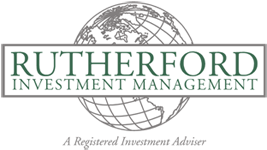Postponing Doom II: Economic Boogaloo
http://blogs.wsj.com/marketbeat/2007/08/17/postponing-doom-ii-economic-boogaloo/
Posted by David Gaffen
It was telling that when the Federal Reserve eased the discount rate this morning and made noises about readying for a potential interest-rate cut, stock futures weren’t the only asset class that rallied, but global stocks, oil, commodities, gold and swap indexes and other derivatives were all higher.
It underscores, again, what cheap credit has meant to the economic growth in recent years and suggests the Fed likely has more work to do to head off the credit conflagration. But economists believe the actions, and even subsequent ones, won’t relieve the economic pressure entirely.
“The carnage is far from over,” write analysts at Comstock Partners, who note that some are minimizing the current problems as market-oriented only. “Some studies indicate that as much as one-half to two-thirds of the increase in output and employment since the last recession bottom were a result of housing, housing-related activities and MEW [mortgage equity withdrawals].”
As a result, the economy could slow more quickly than had been expected – particularly because, as Merrill analysts note, much of the growth in various industries around the world in recent years had been financed through cheap cost of capital, including the housing, financial and industrial sectors, along with the build-up in China.
“Research suggests that severe financial crises tend to follow the rapid expansion of credit,” writes Edward Chancellor in Breakingviews.com. “The longer the credit boom endures, the more severe is the subsequent hangover.”
For the most part, analysts believe the Fed’s actions, while prudent, won’t relieve the credit issues entirely because there are myriad assets still regarded as worthless held by hedge funds and other institutions. The logical conclusion, some believe, is that the Fed will end up cutting rates before long.
